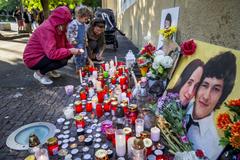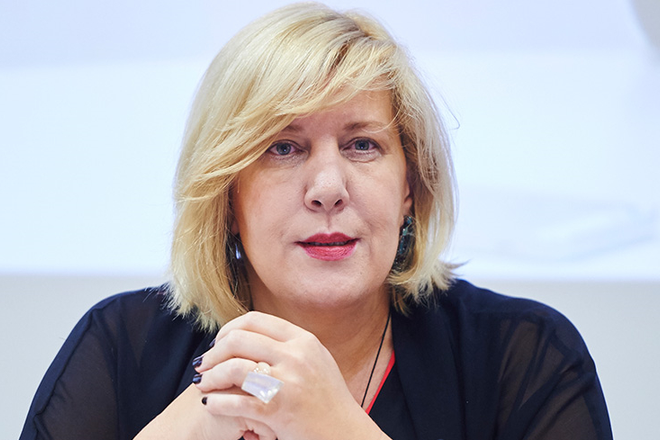It has been a year since the murder of investigative journalist Ján Kuciak and his fiancée, Martina Kušnírová.
"My thoughts are with their families, friends and colleagues, for whom this will have been an unimaginably difficult year," said Council of Europe Commissioner for Human Rights Dunja Mijatović in her statement.
At the same time, the commissioner welcomed a number of developments in the investigation, which have led to the arrest of four suspects involved in the murders and the possible identification of one person who may have ordered them.
"However, extreme vigilance is necessary to guarantee the independence of the investigation," said Mijatović.
Many reports, which suggest suspects allegedly had contacts or links with politicians and officials in the police and prosecution service, are a strong incentive for investigators to concentrate on the independence, she added.
Polarising rhetoric

Mijatović is concerned for the continuous occasions when politicians "engage in highly polarising rhetoric towards the media" despite the horrible murder of Kuciak and Kušnírová. Such rhetoric threatens the process of rebuilding trust, she added.
"There is a key role for public figures to ensure an enabling environment for journalists and refrain from adopting legislative measures that would interfere with media freedom," pointed out Mijatović.
Media freedom & safety of journalists
"The Slovak authorities have a duty to ensure media freedom and the safety of journalists in the country, including the provision of protection when journalists face threats," Mijatović claimed.
Special attention should be paid to investigative journalists, who may face intimidation and violence, the commissioner added.
"Their work is essential in a free and democratic society and strengthening it will be the best way to honour the memories of Ján Kuciak and Martina Kušnírová,” Mijatović pointed out.



 Council of Europe Commissioner for Human Rights Dunja Mijatović (source: Council of Europe)
Council of Europe Commissioner for Human Rights Dunja Mijatović (source: Council of Europe)